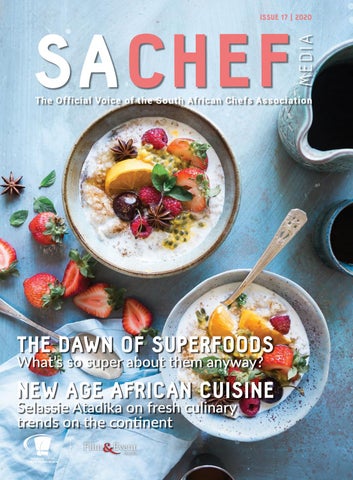
—
Title: Promising Indigenous Nigerian Food Plants in Cancer Prevention
An increasing number of scientific studies are uncovering the untapped potential of traditional Nigerian food plants in the fight against cancer. A recent detailed review published in Future Integrative Medicine highlights how common ingredients like onions, guava, and African mango can interact at the cellular level to aid in the prevention and treatment of this disease.
As cancer incidence in Nigeria escalates dramatically—with annually over 120,000 new diagnoses and 78,000 deaths attributed to cancer—this research offers a promising outlook on the role of native plants as supportive therapies alongside standard medical treatments.
The Strength of Traditional Nigerian Flora
The study investigated thirteen Nigerian food plants, each brimming with bioactive compounds that display a variety of anticancer properties. These compounds can:
– Induce programmed cell death (apoptosis) in malignant cells
– Prevent angiogenesis (the development of new blood vessels required by tumors to flourish)
– Alleviate chronic inflammation associated with cancer advancement
– Shield DNA by neutralizing damaging free radicals
Some notable plants include:
1. African Mango (Irvingia gabonensis)
This cherished fruit, apart from its nutritional benefits, holds scientific merit. African mango boasts high levels of flavonoids and gallotannins, compounds that modulate cancer-related signaling pathways, inhibit the growth of cancer cells, and enhance critical metabolic parameters.
2. Onion (Allium cepa)
A kitchen essential in Nigeria, onions are packed with potent organosulfur compounds. These agents enhance the expression of tumor suppressor proteins and prevent cancer cell invasion and multiplication.
3. Spondias mombin (“Iyeye” or Hog Plum)
Spondias mombin stands out for its rich content of carotenoids and flavonoids. Researchers emphasize its potential to directly counteract tumor formation and development, offering particularly encouraging findings for breast cancer studies.
4. Bitter Yam (Dioscorea dumetorum)
Famous for its hearty flavor, bitter yam is rich in diosgenin, a bioactive compound with significant anticancer properties. Diosgenin hampers the proliferation of cancer cells and triggers apoptosis, positioning it as a promising ally in cancer preventive strategies.
5. Guava Leaves (Psidium guajava)
While the delectable guava fruit is popular, its leaves possess considerable medicinal value. High in tannins and flavonoids, guava leaves can induce cancer cell apoptosis and disrupt the crucial signaling pathways necessary for cancer growth and dissemination.
Innovative Insights from Traditional Wisdom
Researchers warn that although these plants reveal great potential, they should not be viewed as standalone remedies. They ought to be integrated into a comprehensive treatment strategy that supports, rather than substitutes for, traditional cancer therapies.
Effective preparation techniques and consumption recommendations will be vital to ensure their safety and enhance their therapeutic efficacy. Some bioactive compounds may need particular cooking or extraction methods to become bioavailable or to mitigate potential toxicity.
Connecting Traditional Knowledge with Modern Science
This study signifies an important connection between enduring traditional wisdom and modern integrative healthcare. It provides fresh perspectives on accessible, cost-effective strategies to improve national and global health initiatives—especially vital for communities where access to expensive advanced medical care is restricted.
Looking Ahead
Health specialists advocate for a well-rounded dietary approach when introducing these plants and promote further research to:
– Standardize cooking practices
– Determine appropriate dosages
– Explore potential interactions with established cancer treatments
As scientific research progresses, humble staples from Nigerian markets and households may one day secure a formal role in cancer care protocols, bringing renewed optimism and empowering communities to utilize the healing properties inherent in their traditions.
—
If this article has inspired you or provided valuable information, please consider supporting independent science journalism. Your contribution helps us continue delivering precise, impactful medical news based on sound research.
—
Sources:
– Future Integrative Medicine, “Potential anti-cancer benefits of commonly consumed Nigerian indigenous food plants,” 2024.
– Nigerian National Cancer Control Plan, Ministry of Health Statistics, 2023.